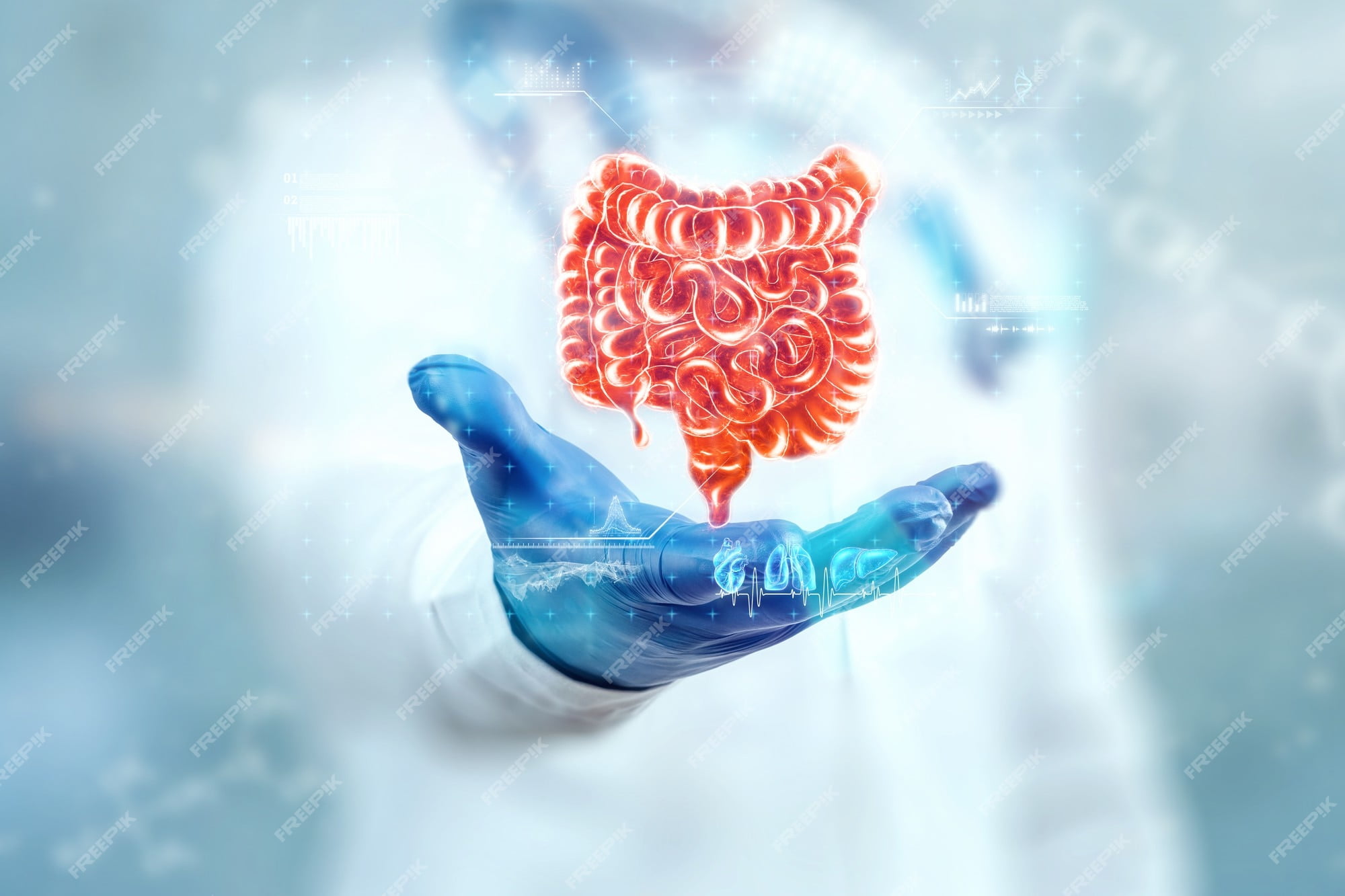
Pregnancy is a beautiful and transformative journey for women, but it often comes with its fair share of discomforts and challenges. One such challenge is digestive issues. Many expectant mothers experience digestive problems during pregnancy, which can range from bloating to heartburn. In this comprehensive guide, we’ll explore the role of digestive enzymes during pregnancy and how they can support a healthy digestive system. Let’s dive into the world of digestive health for expectant mothers.
Contents
Understanding Digestive Enzymes
Before we delve into the specific benefits of digestive enzymes during pregnancy, it’s essential to understand what these enzymes are. Digestive enzymes are proteins that your body naturally produces to break down food into smaller, more easily absorbable molecules. They play a pivotal role in ensuring that the nutrients from your food are properly absorbed into your bloodstream.
Types of Digestive Enzymes
There are several types of digestive enzymes, each with a specific role in the digestive process. The main ones include:
1. Amylase
Amylase helps break down carbohydrates into sugars, such as starches into glucose, which is essential for energy production.
2. Protease
Protease is responsible for breaking down proteins into amino acids, the building blocks of the body.
3. Lipase
Lipase aids in the digestion of fats, ensuring they are broken down into fatty acids and glycerol for absorption.
Digestive Changes During Pregnancy
Pregnancy brings about significant hormonal and physical changes in a woman’s body. Some of these changes can impact the digestive system, leading to discomfort and digestive issues.
Hormonal Influence
During pregnancy, hormones like progesterone relax the muscles in the digestive tract. While this relaxation is essential for accommodating the growing fetus, it can also lead to slower digestion and increased instances of heartburn and constipation.
Increased Pressure
As the baby grows, the uterus expands and can put pressure on the stomach and intestines. This can result in feelings of fullness, bloating, and indigestion.
The Role of Digestive Enzymes
Now that we understand the digestive challenges faced during pregnancy, let’s explore how digestive enzymes can come to the rescue.
Enhanced Nutrient Absorption
Taking digestive enzyme supplements can aid in better nutrient absorption, ensuring both the mother and the developing baby receive essential vitamins and minerals.
Reduced Discomfort
Digestive enzymes can help alleviate common pregnancy discomforts such as bloating, gas, and heartburn by breaking down food more efficiently.
Choosing the Right Digestive Enzymes
Not all digestive enzyme supplements are created equal, and it’s crucial to select the right one during pregnancy.
Consult Your Healthcare Provider
Before adding any supplement to your prenatal routine, consult your healthcare provider. They can recommend the most suitable digestive enzyme based on your individual needs.
Look for Pregnancy-Safe Options
Ensure that the digestive enzyme supplement you choose is specifically formulated for pregnant women, with safe and gentle ingredients.
Conclusion
In conclusion, digestive enzymes can be a valuable addition to a pregnant woman’s wellness routine. They can support better digestion, reduce discomfort, and ensure that both the mother and baby receive essential nutrients. However, it’s essential to consult your healthcare provider before incorporating any supplement into your pregnancy journey to ensure it aligns with your unique needs.
Frequently Asked Questions
- Are digestive enzymes safe during pregnancy?
- Digestive enzymes can be safe during pregnancy, but it’s crucial to consult your healthcare provider before using them.
- When should I take digestive enzymes during pregnancy?
- The timing of enzyme supplements can vary, so it’s best to follow the guidance provided on the product or by your healthcare provider.
- Can digestive enzymes help with morning sickness?
- While they may not directly alleviate morning sickness, digestive enzymes can help with overall digestive comfort, which may indirectly reduce nausea.
- Are there any side effects of using digestive enzymes during pregnancy?
- Side effects are rare but possible. It’s essential to follow the recommended dosage and consult your healthcare provider if you experience any adverse effects.
- Where can I access quality digestive enzyme supplements for pregnancy?
- You can find quality digestive enzyme supplements for pregnancy through reputable pharmacies, health stores, or online retailers. Always choose trusted brands.




